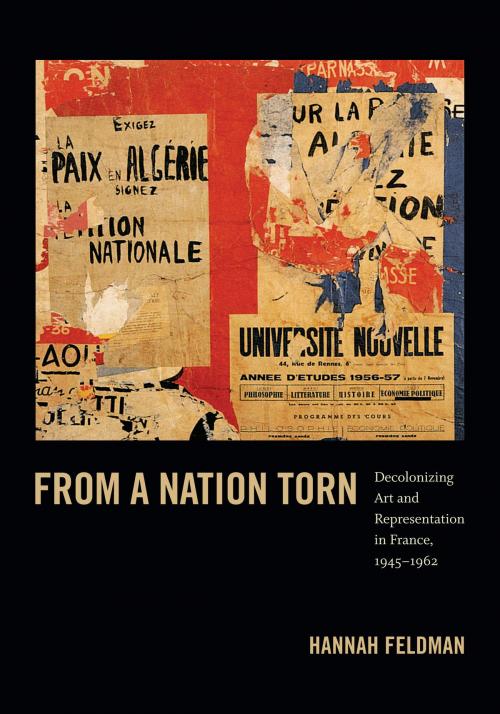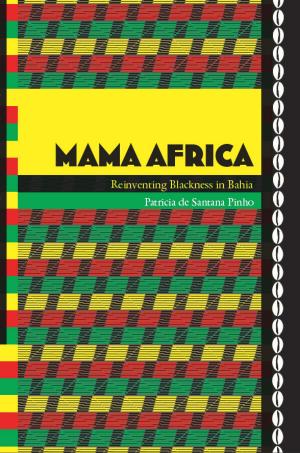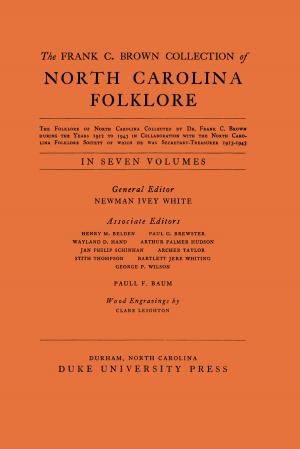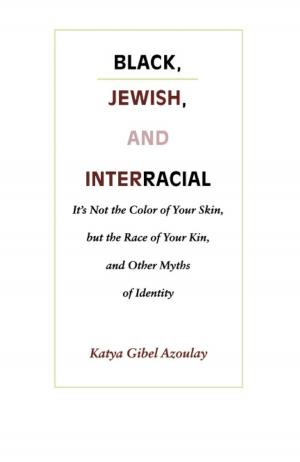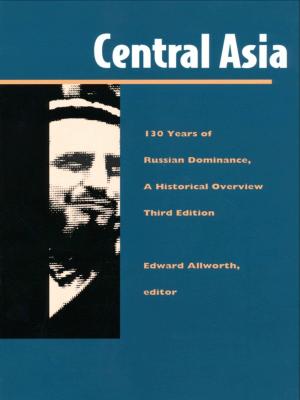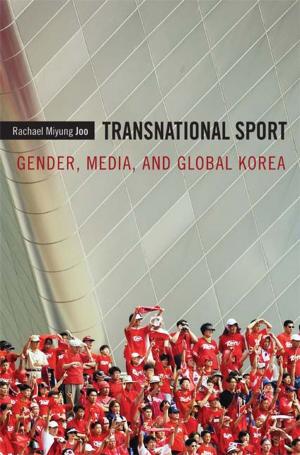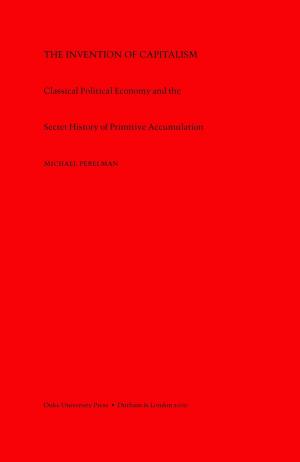From a Nation Torn
Decolonizing Art and Representation in France, 1945-1962
Nonfiction, History, France, Art & Architecture, Art History| Author: | Hannah Feldman | ISBN: | 9780822395959 |
| Publisher: | Duke University Press | Publication: | February 3, 2014 |
| Imprint: | Duke University Press Books | Language: | English |
| Author: | Hannah Feldman |
| ISBN: | 9780822395959 |
| Publisher: | Duke University Press |
| Publication: | February 3, 2014 |
| Imprint: | Duke University Press Books |
| Language: | English |
From a Nation Torn provides a powerful critique of art history's understanding of French modernism and the historical circumstances that shaped its production and reception. Within art history, the aesthetic practices and theories that emerged in France from the late 1940s into the 1960s are demarcated as postwar. Yet it was during these very decades that France fought a protracted series of wars to maintain its far-flung colonial empire. Given that French modernism was created during, rather than after, war, Hannah Feldman argues that its interpretation must incorporate the tumultuous "decades of decolonization"and their profound influence on visual and public culture. Focusing on the Algerian War of Independence (1954–1962) and the historical continuities it presented with the experience of the Second World War, Feldman highlights decolonization's formative effects on art and related theories of representation, both political and aesthetic. Ultimately, From a Nation Torn constitutes a profound exploration of how certain populations and events are rendered invisible and their omission naturalized within histories of modernity.
From a Nation Torn provides a powerful critique of art history's understanding of French modernism and the historical circumstances that shaped its production and reception. Within art history, the aesthetic practices and theories that emerged in France from the late 1940s into the 1960s are demarcated as postwar. Yet it was during these very decades that France fought a protracted series of wars to maintain its far-flung colonial empire. Given that French modernism was created during, rather than after, war, Hannah Feldman argues that its interpretation must incorporate the tumultuous "decades of decolonization"and their profound influence on visual and public culture. Focusing on the Algerian War of Independence (1954–1962) and the historical continuities it presented with the experience of the Second World War, Feldman highlights decolonization's formative effects on art and related theories of representation, both political and aesthetic. Ultimately, From a Nation Torn constitutes a profound exploration of how certain populations and events are rendered invisible and their omission naturalized within histories of modernity.
